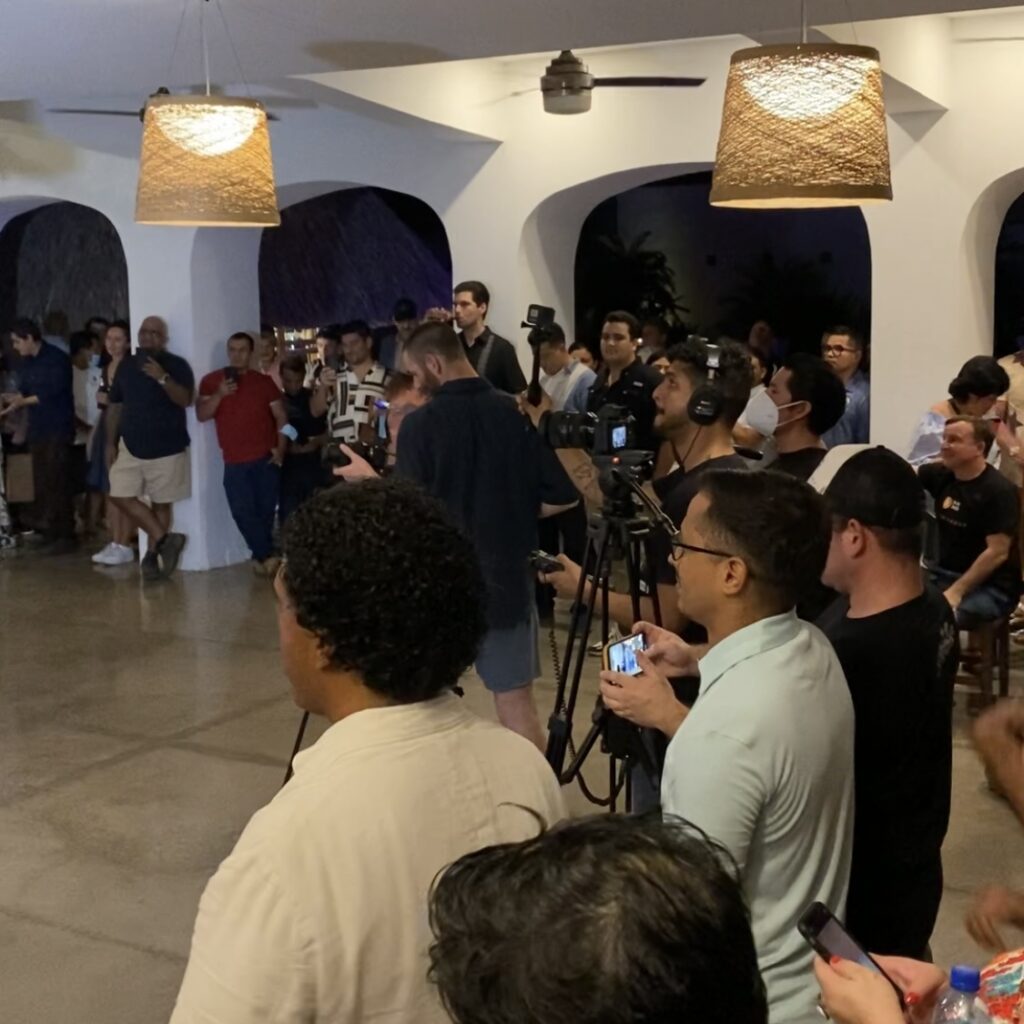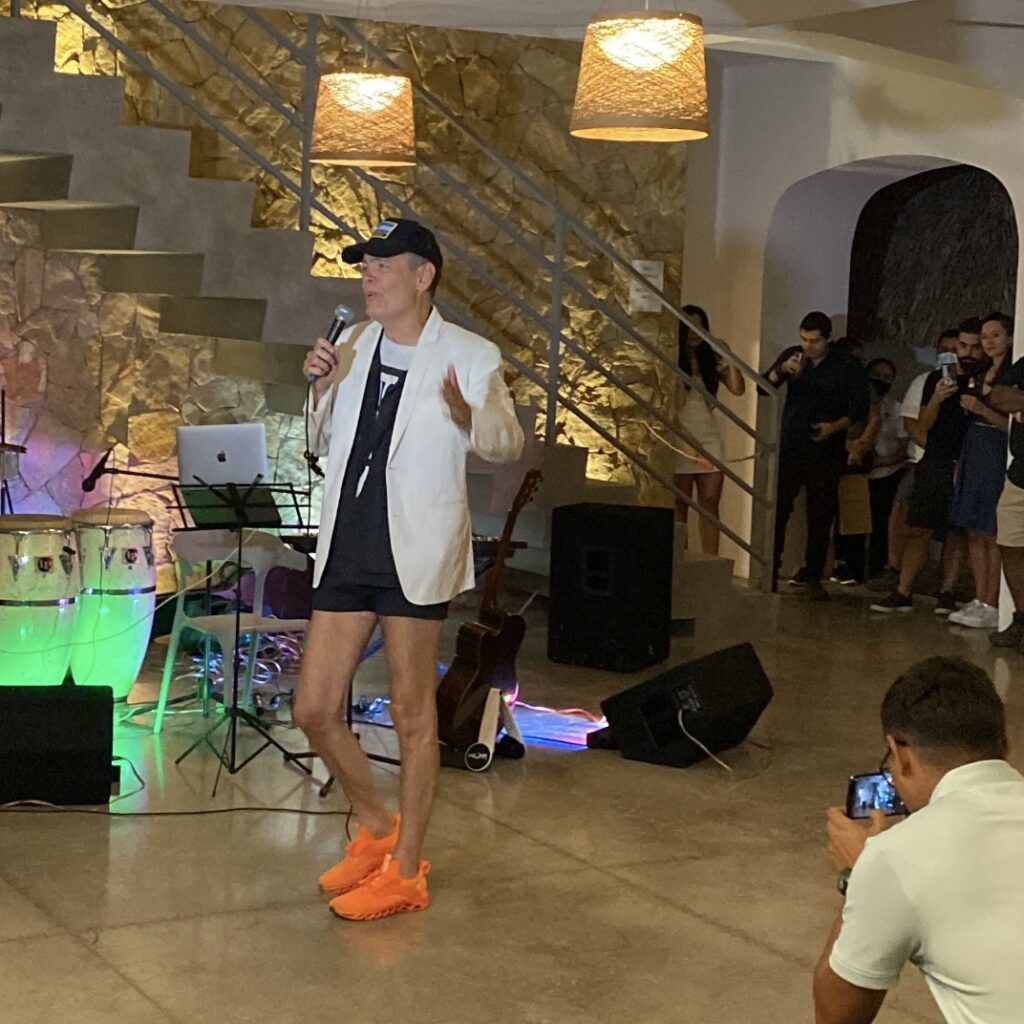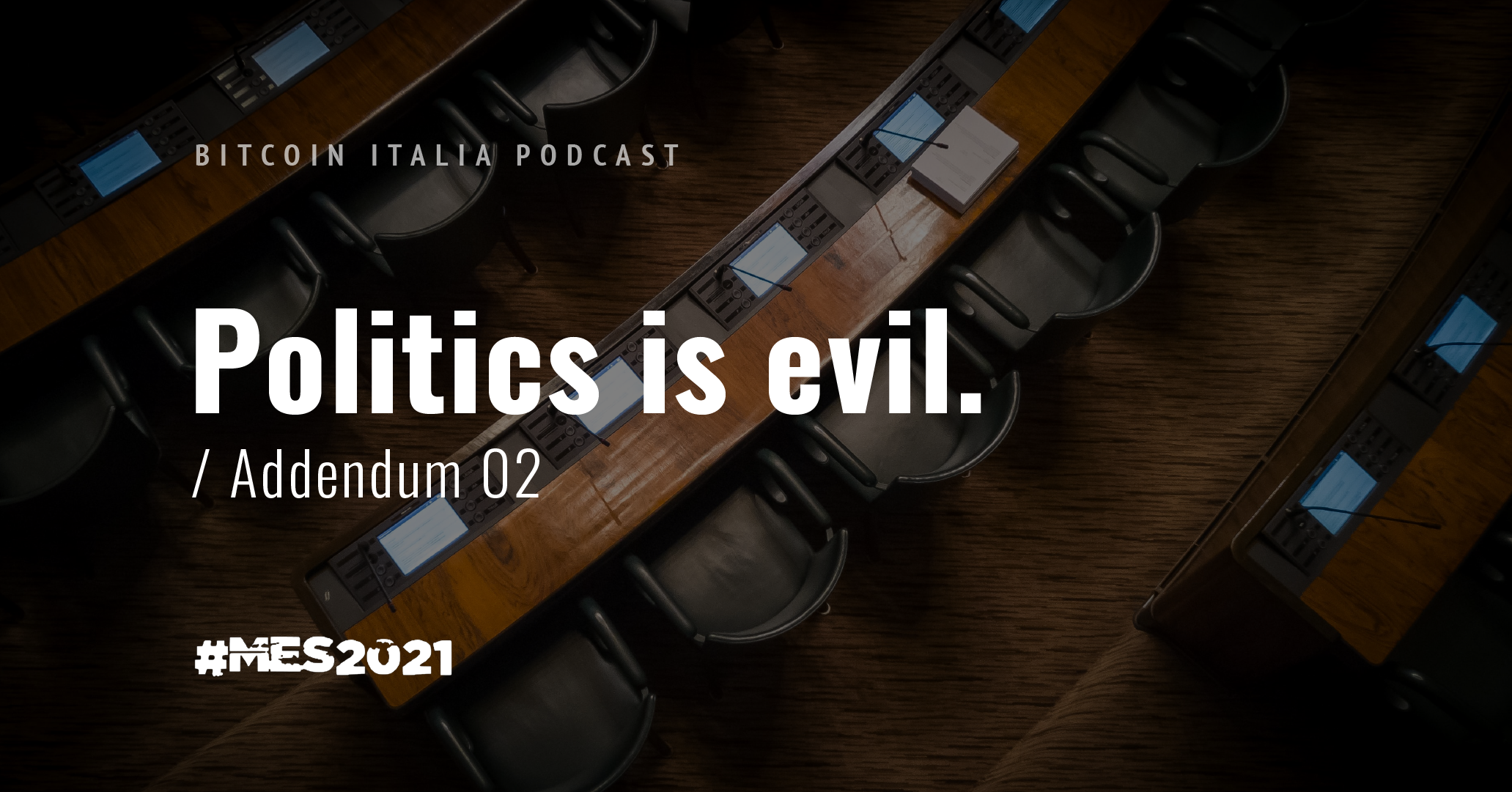

This is it. This time the die is cast. After spending a week on the ocean, between Bitcoin Beach and Playa El Tunco, we’re back in the capital city of San Salvador, for the final days of work and appointments. It’s official: on Wednesday night, a plane is waiting for us to cross the Atlantic and take us back to old Europe. After more than two and a half months, the time has come to say goodbye to El Salvador. But we already know that it will only be goodbye.
In the last few weeks something peculiar happened to us, which gave me a lot to think about. Recently we have been doing a lot of interviews and writing several articles, including for the general press, both Italian and international. Some of them were translated into Spanish and circulated quite a bit. They have been shared a lot on social networks, for example. On these occasions we did what we are used to do: described our experience with great honesty. Told the many wonderful things we saw but without avoiding mentioning what we were less convinced about. The criticism and skepticism that we have gained from working in the field and verifying with our own eyes.
To our great surprise, after the publication of these articles, we discovered that some national newspapers, close to the opposition parties, have published pieces on our story, without ever having interviewed us. What they did was to make a collage of our interviews with other newspapers, purging them of all our positive comments, selecting only the criticisms and thus giving a completely distorted view of our thinking. They even stole photos from our blog, to give credibility to their work.
Let’s be clear, this doesn’t surprise us at all. We know how journalists work. How much dishonesty and piousness there is in the printed paper and what tricks are able to devise the newspapers, especially when they are to all intents and purposes regime press, politicized and blatantly partisan. So this did not make us angry. On the contrary, it provoked in us an immediate and clear shrug of the shoulders.
A few days later, however, we were invited by a friend to one of the most exclusive places in all of El Salvador, to the home of a very wealthy family of local businessmen.
It is necessary to point out that we are talking about the truly privileged. We are referring to that social gap that only in developing countries can be found. We are speaking of a place where some owners arrive by helicopter, where everyone has servants and where there are those who feed their dogs with salmon fillet and Quinoa.
From the very first lines, our host is keen to point out his deep hatred for Bitcoin. We are not surprised, we have often told, the high society is a proud opponent of Bukele and sees the cryptocurrency as its political initiative. This, for them is enough, they don’t have the will, the humility or even the intelligence, perhaps, to want to delve deeper.
But there’s more. They know that Bitcoin in the country is the President’s only project to raise eyebrows, so they see it as his Achilles’ heel.
The conversation soon turns to the incriminated articles, the ones in which our words were distorted and manipulated, and our host admits to having read them with satisfaction. Not only that, he tells of how the anti-Bukele press is financially fortified by families like his own. They are the ones paying to support dissent, allowing articles like this one to get out, foraging for counter propaganda, and their target is Bitcoin. It’s their dollars that are blowing on the hot coals of a blind, polarized political clash. At any cost. Following the most banal political operetta script. Always the same, at every latitude. It matters little if in order to annihilate the opponent it is necessary to lie, misinform, and perhaps, in so doing, deprive citizens of an instrument that could also be an opportunity and a redemption.
What imbeciles human beings are.
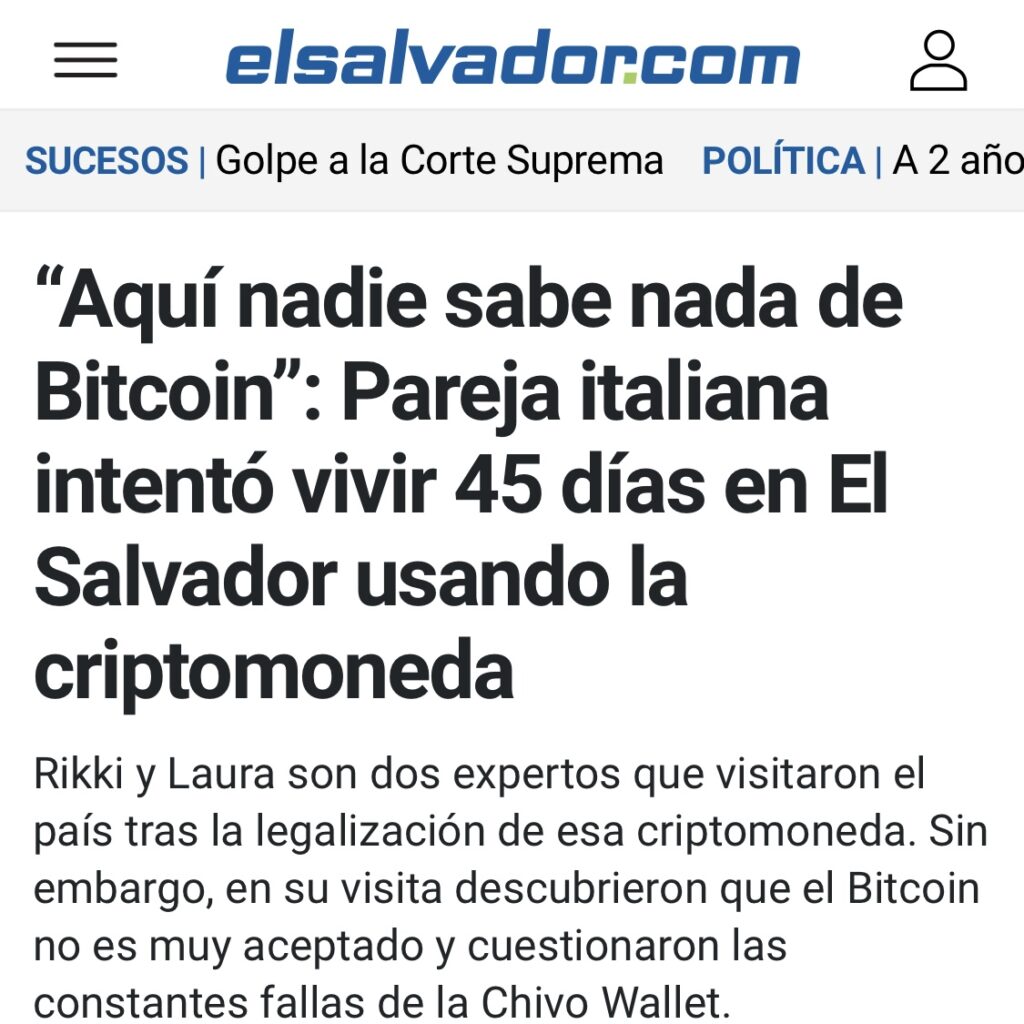
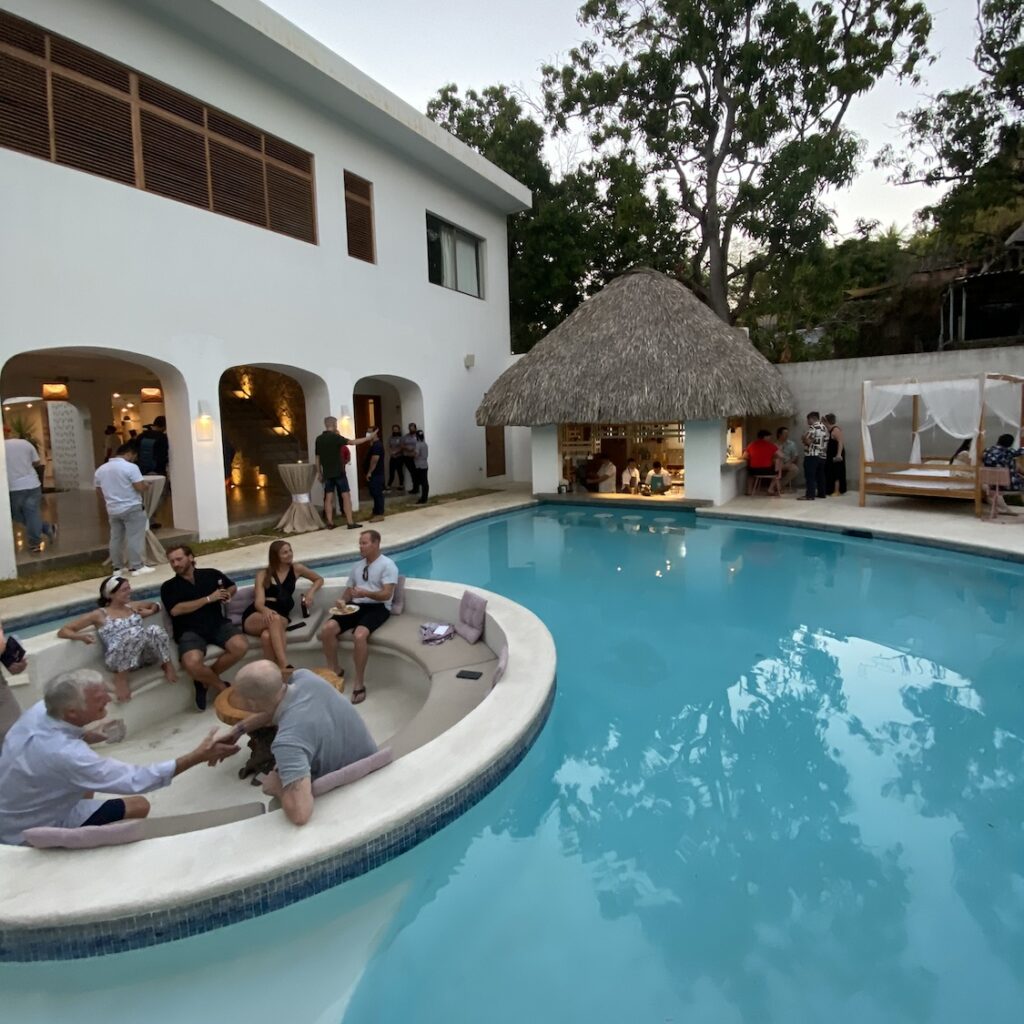
That’s the dark side of the legal tender. Dragging Bitcoin into a political dispute where it doesn’t belong. It has been vulgarized into an electoral spot. Dirty, like the party flyers thrown in the garbage cans during electoral campaigns.
And then I asked myself: but how are we bitcoiners doing in all this? Are we being secular and scientific or are we getting dragged through the mud of this unworthy competition?
A few days ago we were invited to the party organized by Max and Stacy, in the most exclusive hotel in El Zonte. Shortly after going on stage Keiser invites the crowd to sing in chorus and repeatedly the name of Bukele. During the final Q&A session, an American-accented guest invites everyone to answer the question “who is the coolest president in the world”, while he takes the scene, all smug, with his iPhone. All this took place under the watchful eye of the national TV cameras, obviously rushed to document the event.
Are we really sure that all of this is necessary? Is it fair? Is it in the best interest of Bitcoin? Is it respectful to the local population?
Do we really want to replace our admiration for an inventor, so humble as to hide behind anonymity, so generous as to be able to give the fruit of his work to the world, with this form of idolatry towards a politician whose only aim is the centralization of power according to his own personal agenda?
Is political cheer, then, our strategic choice to contribute to Bitcoin adoption in El Salvador?
